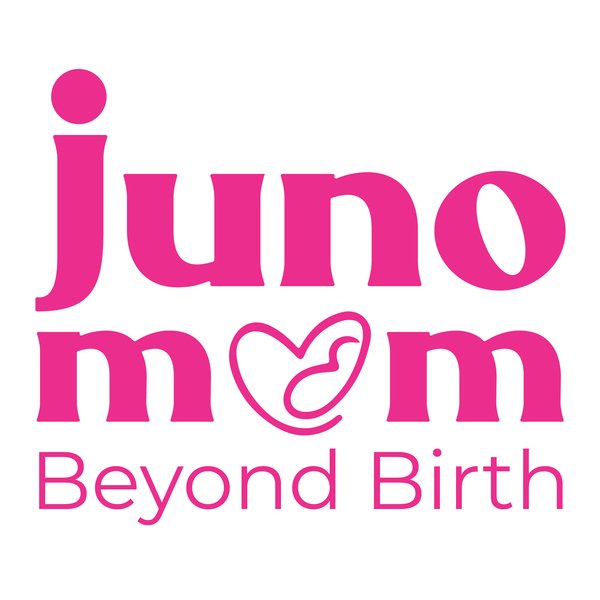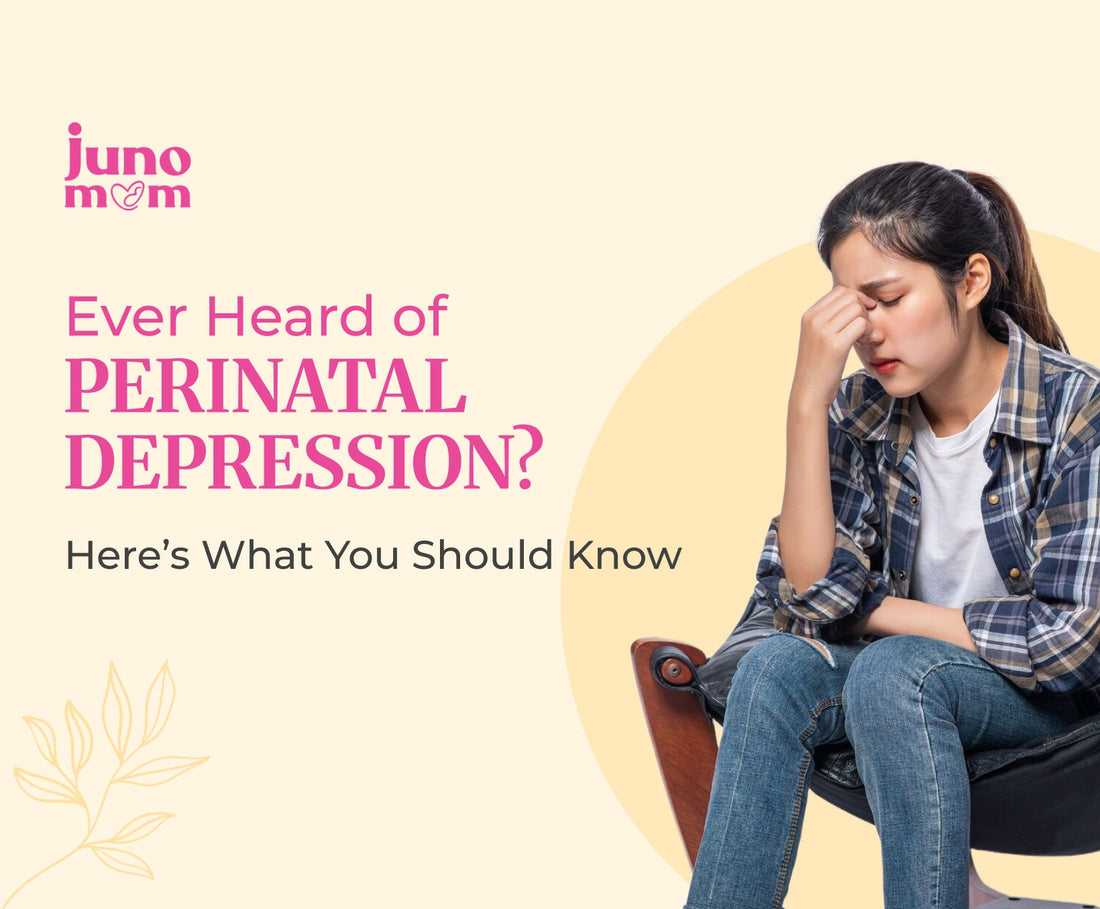If you’ve ever sat with your baby in your arms and still felt a cloud over your head, you’re not alone. And if you’ve ever cried during pregnancy and didn’t really know why—that’s real too. Motherhood is beautiful, but it can also be overwhelming. Amidst baby clothes, feeding schedules, and diaper changes, many moms experience feelings they didn’t expect. That’s where the term perinatal depression comes in. It sounds like a heavy word, but let’s make it simple together.
This blog is your safe space. We’re going to talk openly about what perinatal depression really means, how it shows up, and how you can gently get the support you need. Whether you’re a new mom, expecting, or supporting someone through motherhood, understanding this topic can change lives. Let's talk about it with honesty and kindness.
What is Perinatal Depression?
Perinatal depression is a type of depression that happens during pregnancy or after childbirth. The word “perinatal” simply means “around birth.” It can show up during pregnancy (antenatal depression) or after delivery (postpartum depression), and it affects both the mind and body.

It’s not just about feeling sad. Some moms may feel numb, overly anxious, tired all the time, or even disconnected from their baby. It’s more than just a few emotional days. Perinatal depression lasts longer and may affect your daily life and how you feel about yourself and your role as a mother.
Causes and Risk Factors
Motherhood brings a big wave of changes—emotionally, physically, and mentally. Some women feel these changes more deeply than others. That’s okay. Every journey is unique.

Some common causes and risks include:
- Hormonal changes: After giving birth, hormone levels drop quickly. This can affect your mood.
- Sleep deprivation: Taking care of a baby often means broken sleep. Tiredness can deeply affect your mental state.
- Previous mental health history: If you’ve experienced depression or anxiety before, you might be at a higher risk.
- Lack of support: Feeling alone in your journey can make it harder.
- Relationship stress or financial worries: These add to the emotional load.
- Difficult pregnancy or delivery: A traumatic experience can leave emotional scars.
No one chooses to feel this way. It’s not about being weak—it’s just something that can happen, and it deserves care.
Signs and Symptoms to Look Out For
Sometimes, it’s hard to know whether what you’re feeling is “normal” or something more. And that's okay—it’s confusing. Here's a list to help you notice possible signs of perinatal depression:

- Feeling sad, empty, or hopeless most of the day
- Losing interest in things you once enjoyed
- Feeling tired all the time, even after rest
- Struggling to bond with your baby
- Feeling like you’re not a good mother
- Eating too much or too little
- Trouble sleeping—even when the baby is asleep
- Feeling angry, irritated, or anxious for no clear reason
- Crying often
- Having thoughts like “I can’t do this” or “I’m not enough”
These feelings are real. If they stick around for more than two weeks and make daily life harder, it’s a sign to pause and talk to someone you trust.
When to Seek Help
So many mothers try to “power through” these emotions. But you don’t have to wait until things feel unbearable. If you’ve been feeling low, anxious, or detached for more than two weeks, it’s time to gently reach out.
It’s not just about big symptoms. Even if it’s a quiet feeling of sadness or guilt that doesn’t go away, it matters. You matter.
You can start by talking to your partner, a close friend, or even your doctor. You don’t need to have the perfect words. A simple “I’m not feeling like myself” is enough to begin the conversation.
Support and Healing: What Can Help
The good news? You’re not stuck. There are ways to feel better, and healing doesn’t have to happen all at once. Small steps go a long way.

Some helpful options include:
- Therapy or counselling: Talking to a trained professional can help you process your thoughts and feelings.
- Support groups: Whether in your city or online, many moms share the same struggles. Connecting with others can help you feel less alone.
- Gentle daily routines: Taking a walk, sitting in the sun, journaling, or even five minutes of quiet time can support your mental well-being.
- Rest and nutrition: Easier said than done—but even small moments of self-care matter.
- Partner and family support: Share your thoughts with your loved ones. Let them help lighten your load.
Breaking the Stigma
For generations, mothers have been expected to “push through” silently. We’re here to change that. Talking about perinatal depression doesn’t make you weak—it makes you honest, aware, and incredibly strong.
It’s okay to say, “I’m not okay.” It’s okay to need help. And it’s absolutely okay to take care of your own mind while you take care of your baby.
Let’s normalise this conversation so no mom feels ashamed or isolated.
Final Thoughts: You Are Not Alone
To every mom reading this—whether you're pregnant or holding your little one in your arms—please remember this: You are not alone, and what you’re feeling is valid.
Perinatal depression is real, but so is recovery. It’s okay to ask for help. It’s okay to take your time. You are doing an amazing job, even on the days it doesn’t feel like it.
If this blog has helped you even a little, share it with another mom. Sometimes, knowing we’re in this together is the biggest comfort of all.
P.S. – Take a Pause for Yourself
If you’re looking for ways to care for yourself during the postpartum phase, Juno Mom offers gentle and comforting postpartum care essentials and a safe mom community—made by moms, for moms. You deserve to feel cared for, too.


